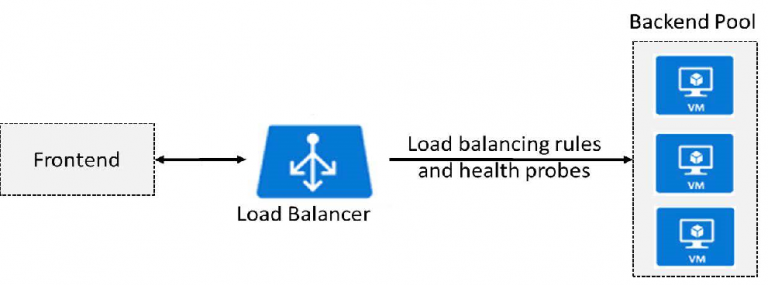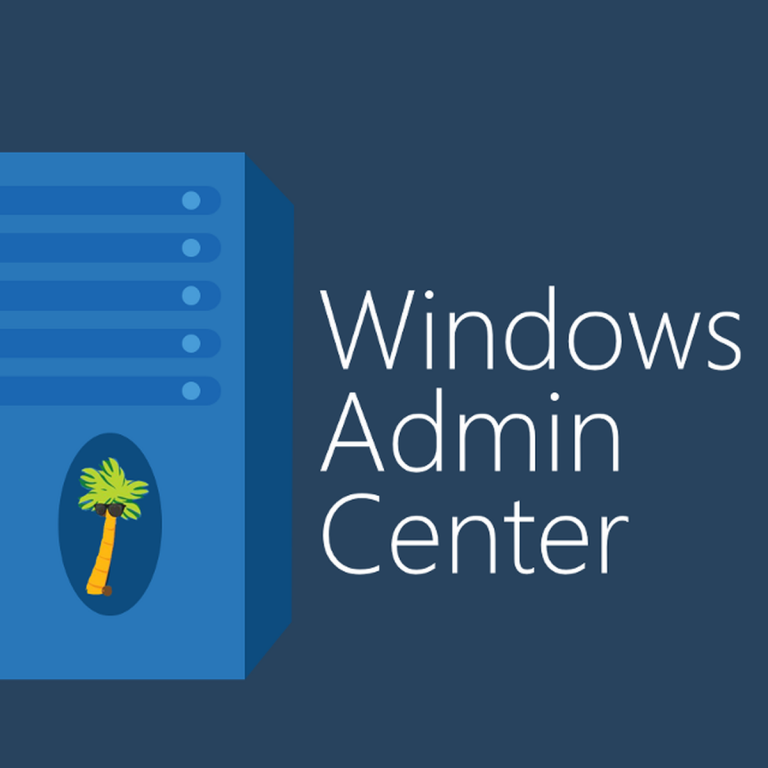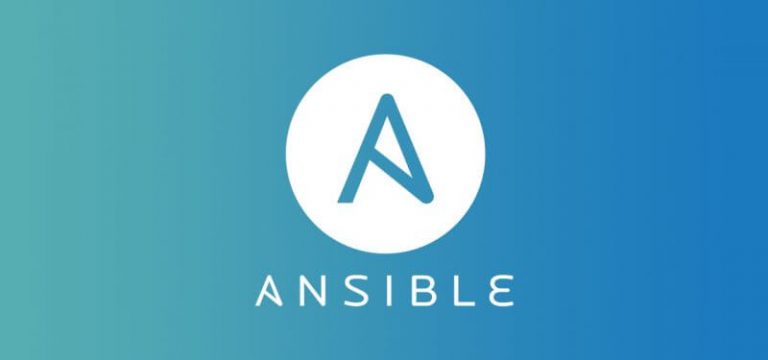Hello Everyone!
Welcome again to my blog 🙂 It’s good to see groving visitors everyday! Thank you
Today I’m gonna mention some important things about Microsoft Azure from book AZ-900 also the exam code for Azure Fundamentals.
The concept of economies of scale is the ability to do things more cheaply and more efficiently when
operating at a larger scale in comparison to operating at a smaller scale.
Cloud providers such as Microsoft, Google, and AWS are very large businesses, and are able to leverage
the benefits of economies of scale, and then pass those benefits on to their customers.
This is apparent to end users in a number of ways, one of which is the ability to acquire hardware at a
lower cost than if a single user or smaller business were purchasing it.
CapEx Vs OpEx
In previous years, startup companies needed to acquire a physical premises and infrastructure to start
their business and begin trading. Large amounts of money were need to get a new business up and
running, or to grow an existing company. They would have to buy new datacenters or new servers to
allow them build out new services, which they could then deliver to their customers. That is no longer the
case.
Today, organizations can sign up for a service from a cloud provider to get up and running. This enables
them to begin selling or providing services to their customers more quickly, without the need for significant
upfront costs.
These two approaches to investment are referred to as:
●● Capital Expenditure (CapEx): This is the spending of money on physical infrastructure up front, and
then deducting that expense from your tax bill over time. CapEx is an upfront cost which has a value
that reduces over time.
●● Operational Expenditure (OpEx): This is spending money on services or products now and being
billed for them now. You can deduct this expense from your






